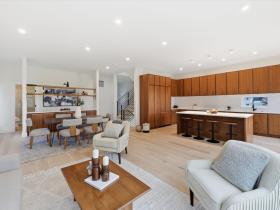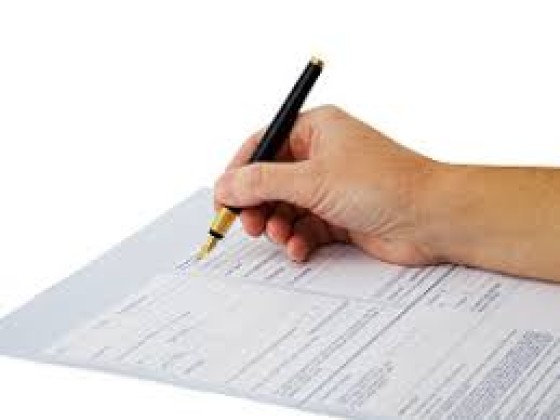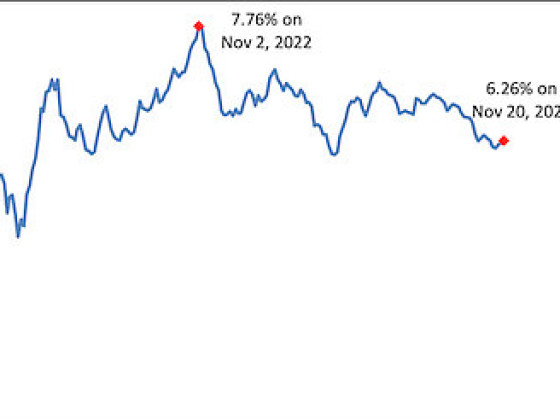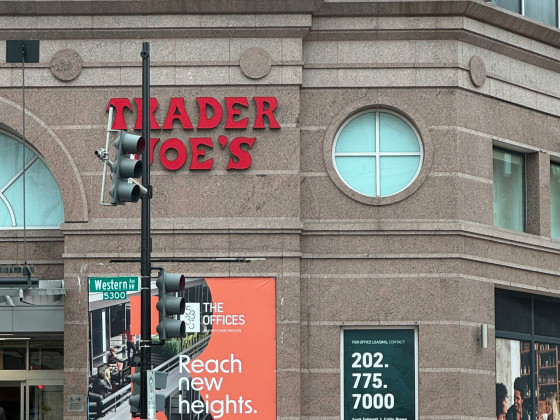 First-Timer Primer: Obtaining a Basic Business License For Your Rental
First-Timer Primer: Obtaining a Basic Business License For Your Rental
✉️ Want to forward this article? Click here.
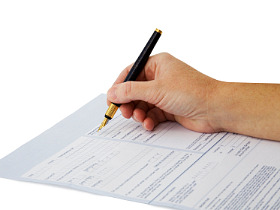
This article is being re-published with updated links at the request of a number of UrbanTurf readers. It was originally published in April 2013.
Being a landlord in DC involves a bit of paperwork, including obtaining a Basic Business License (BBL). Whether you are renting out your English basement, a condo or a four-unit apartment building, you will need to get a BBL.
The process differs depending on how many units you are renting out (single-family rentals, two-family rentals and an apartment with three or more units) but the basic steps remain the same. All potential landlords should check the zoning map to make sure they are compliant with current zoning regulations and don’t owe more than $100 to the District of Columbia. Once those things have been cleared, here is the process:
1. Most, but not all, categories require a Certificate of Occupancy, which can be obtained from DCRA.
2. Register your business with the Office of Tax and Revenue. This can be done here.
3. Fill out the Basic Business License online.
4. Register to get a housing inspection to make sure the unit(s) is up to code. Though your BBL is in hand at this point, if you don’t get an inspection within 45 days, it may be revoked.
5. Next, you must file with the Department of Housing and Community Development (DCHCD), either to register as a rent-controlled unit or to ask for an exemption.
Here’s where UrbanTurf discovered one of the most interesting parts of the process: in part 7 of the application, DCHCD asks applicants to report the rate of return for the housing accommodation. Knowing the rate of return on the property helps determine a fair rent for the unit. DC wants to make sure that any increases in rent are not generating more than a 12 percent rate of return.DCHCD references a formula that can be used to determine this, which can be found here.
So, what is meant by rate of return? Here is the formula that is used to determine that number:
Take the maximum possible rental income in a given year, and subtract the following: the annual mortgage principal payments, maintenance costs, management fees (if applicable), taxes, depreciation as seen in tax assessments, interest payments, and a few other smaller costs (again, click here to see the comprehensive formula).
Take the resulting number — the net income — and divide it by the equity of your home. This determines the rate of return.
As a hypothetical example, say someone is renting out their Dupont Circle condo at a rate of $3,000 a month or $36,000 a year. Assuming monthly expenses for the unit of $2,000/month (or $24,000 a year), their yearly net income is $12,000. If they have $200,000 in equity in the home, their rate of return ($12,000/$200,000) is 6 percent. If they only had $100,000 in equity, the rate of return would be 12 percent. If they charge $3,500 per month ($42,000 per year) and have $200,000 in equity, their net income jumps to $18,000 per year and the rate of return is 9 percent.
6. Once all these forms are submitted and your inspection is complete, congratulations! You have a legitimate rental unit in the eyes of the District of Columbia.
Similar Posts:
- First-Timer Primer: A Condo Fee Tutorial
- First-Timer Primer: Interest Rates and Mortgage Points
- First Timer Primer: The Splitting the Rent Formula
- First Timer Primer: Tax Relief for DC Homeowners
- First Timer Primer: How Do Mortgage Payments Work?
- First Timer Primer: How Much Cash Do You Need to Buy a House?
- First-Timer Primer: The Mortgage Pre-Approval Process
- How a $100 Mistake Can Sink Your Credit Score
See other articles related to: basic business license, first-timer primer, renting in dc
This article originally published at https://dc.urbanturf.com/articles/blog/how_to_get_a_basic_business_license_and_calculate_a_fair_rent/6961.
Most Popular... This Week • Last 30 Days • Ever

UrbanTurf takes a look at the options DC homeowners and residents have to take advant... read »
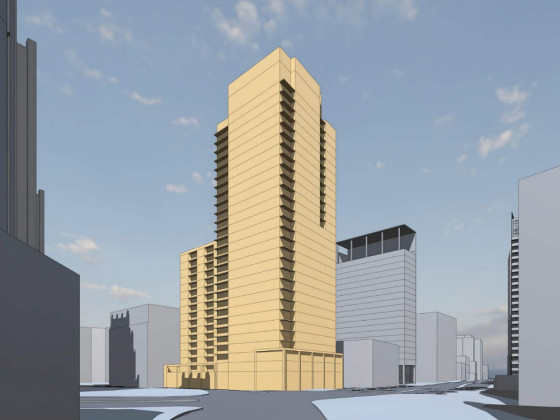
A major new residential development is on the boards for a series of properties near ... read »

A new report from DC’s Office of Revenue Analysis highlights how millennials and wo... read »
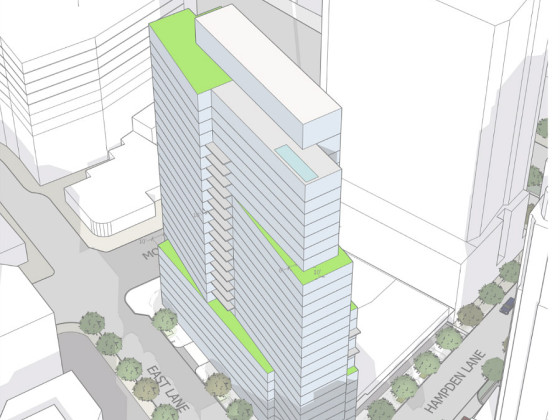
The building is the second proposal for a pair of aging office buildings in downtown ... read »
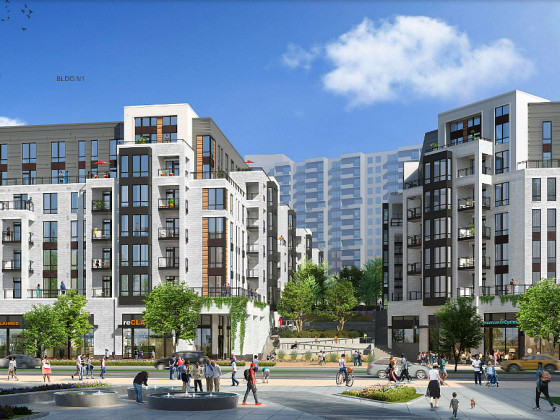
The central action before the Board is a rezoning request for the nearly 36-acre site... read »
- A Solar Panel Primer for DC Residents
- 29-Story, 420-Unit Development Pitched For Middle Of Downtown Bethesda
- How DC's Population Changed During And After The Pandemic
- Fitting In: A Narrow 260-Unit Apartment Building Pitched For Bethesda
- Arlington County To Weigh Major Actions Advancing RiverHouse Redevelopment
DC Real Estate Guides
Short guides to navigating the DC-area real estate market
We've collected all our helpful guides for buying, selling and renting in and around Washington, DC in one place. Start browsing below!
First-Timer Primers
Intro guides for first-time home buyers
Unique Spaces
Awesome and unusual real estate from across the DC Metro




